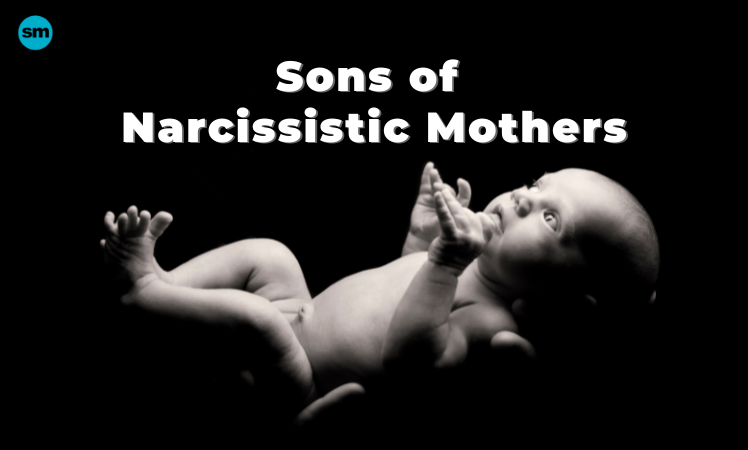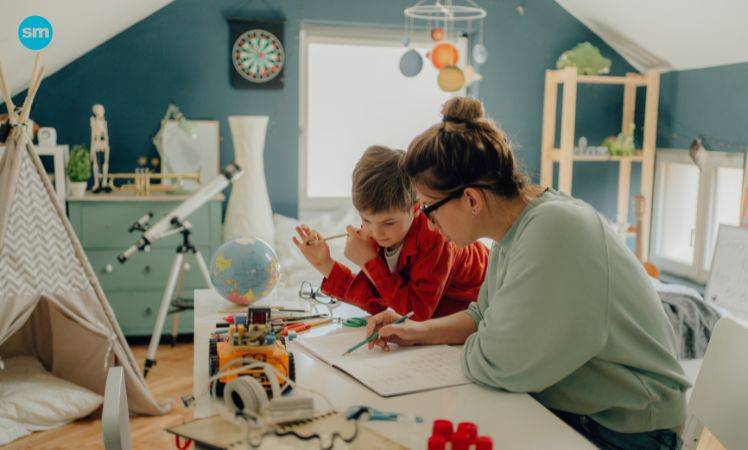Second Child Syndrome That Single Moms Should Know

Last Updated on January 18, 2024 by Lori Pace
Is it noticeable that your attitude towards your second child is different from the one you had for your original? Or maybe, your second child attitude is different towards you? Is it because you are a more confident parent? Also, do you believe your parenting style is influencing your second child’s personality? If the answer is yes to any of these questions, you should read more about second-child syndrome.
What is a Second Child Syndrome?
The second-child syndrome is a condition that manifests itself in the personality and behavior of your second child due to the parent’s parenting style.
Second Child Syndrome Signs and Symptoms
These signs could be a sign that your second child is suffering from second-child syndrome. These and other symptoms should be noted:
- The siblings could compare, which can lead to jealousy or low self-esteem for the second child.
- Rivalry between siblings
- Siblings may become envious if they are constantly comparing themselves to one another. Negative feelings can overshadow sibling love.
- They can be an introvert or an extrovert.
- A person may become an introvert if they have low self-esteem as a result. They might have temper tantrums or express anger and frustration in some cases.
Why Does Second Child Syndrome Happen?
There are two experiences of having your first and second children. It was more difficult to be pregnant your first time around and you tried to do everything right. Mothers carefully watched what you ate and, more importantly, you kept an eye on what to avoid. You were very protective of your baby once he or she arrived.
You were actually happier when you had your second child, although it was less overwhelming than the first. The “been there, done that” feeling kicks in. While you still have to adhere to all the rules, you don’t worry if you forget to take your vitamins or go for a walk every day. Although the birth of a second child is special, it’s not as thrilling as the first.
You should actually be more focused on the older child, and rightly so, so that he/she doesn’t feel excluded. This relaxed attitude is maintained throughout the development of the second child. Research now suggests that this attitude “shapes the personality of the second child.”
Do All Kids Suffer from Second Child Syndrome?
Second child syndrome is not common in all children. This can occur if one child is treated unfairly or favoritism by a parent. Second child syndrome is rare in homes that treat all children equally.
Because of the differences in their activities and characteristics, both children are considered “first born”. This will not cause second-child syndrome. A second factor that could make exceptions to the second-child syndrome is if the child has any disabilities.
What are the Second Child Syndrome Traits?
Indifference
Your second child may feel that you are more like your first child. They may also understand that you don’t have enough time for them so they feel guilty. The second is that children will try to take advantage of parent guilt by refusing to respond positively to your affection. He might not hug you back if you hug him.
That’s why you should not let indifference keep you from being affectionate. It is more important than they realize that you are able to provide it for your child.
Trouble-Seeking
They will try to get your attention by getting into trouble or throwing a tantrum. You would have noticed that they are too busy to notice their good behavior. However, you can get angry and scold them when they do wrong, and that’s attention given to them.
This is why second children are more likely to become troublemakers. Don’t react to this attention-seeking behavior by reacting every time. Be firm when things get out of control.
Negativity
Experts believe that second-borns have negative emotions and anger suppressed within them. It might manifest as sarcastic reactions to events at home. Be patient and try to find the root cause of the situation, not react to it.
Lacking in Ambitions
Your second child thinks you will ignore his accomplishments anyway so it is not worth being ambitious or achieving high goals.
Loner
Due to all the emotions he experienced as a child it is likely that a second one will be an introvert who may have difficulty having intimate relationships.
The Positives Of A Second Child Syndrome
All things are not terrible, thank goodness. There are also some positive aspects of second-child syndrome.
You’re A Less Fussy Parent
Parents are more relaxed and calm the second time around. As long as there isn’t any physical harm, everything is fine.
A Second Child Is More Independent
The second children are generally more independent because their parents are less fussy and don’t do helicopter parenting.
They Are Calmer
They are also calmer because they aren’t raised in a world of restrictions and rules.
A Second Child Is More Flexible
The second child is more comfortable being alone so they are more able to adapt to all situations. This makes him more adaptable.
Tips to Prevent Second Child Syndrome
Treat Equally
Do not tell your second child that the older one is doing it better than them. Children are sensitive to comparisons, so show them the correct way to do things. Give them the opportunity to learn and get proper feedback.
Do Not Over Pamper
Although kids enjoy being spoiled by their parents, too much pampering can cause more harm than good. Over pampering your first child can make it feel like they are not valued.
This could lead to a feeling of being left out in the future. Treat all of your children the same and encourage independence.
Be a Listener, Not a Judge
Listen to your child’s thoughts and feelings. Do not dismiss their curiosity or the enthusiasm they might show. As children, they look up to their parents for support and guidance.
Don’t dismiss any suggestion as silly or unimportant. Ensure that you pay attention to your second child and listen when having family discussions.
Let Them be Different
Do not pressure your second child to do the same thing as your first child if they are good at a sport or other activity. Each child is unique and each one has their strengths and weaknesses.
This will make them feel low and reduce their self-esteem. As a parent, be supportive and let your child choose the path they want.
Help Them Love Their Siblings
Your second child can learn to love their sibling. Encourage them to play together or to work together in order for them both to understand one another.
Instill confidence in your second child by showing them that they are not always at the advantage of their sibling and that all children are unique and special. This will allow them to bond more with their siblings.
Teach Them To Share
Talk to your second child if they don’t get enough time with you. Talk to them and try your best to understand their fears. Let them know that you are not always there for them.
Sometimes they will have to learn to live without you. Make sure they know why you do what you do and how it affects them.










